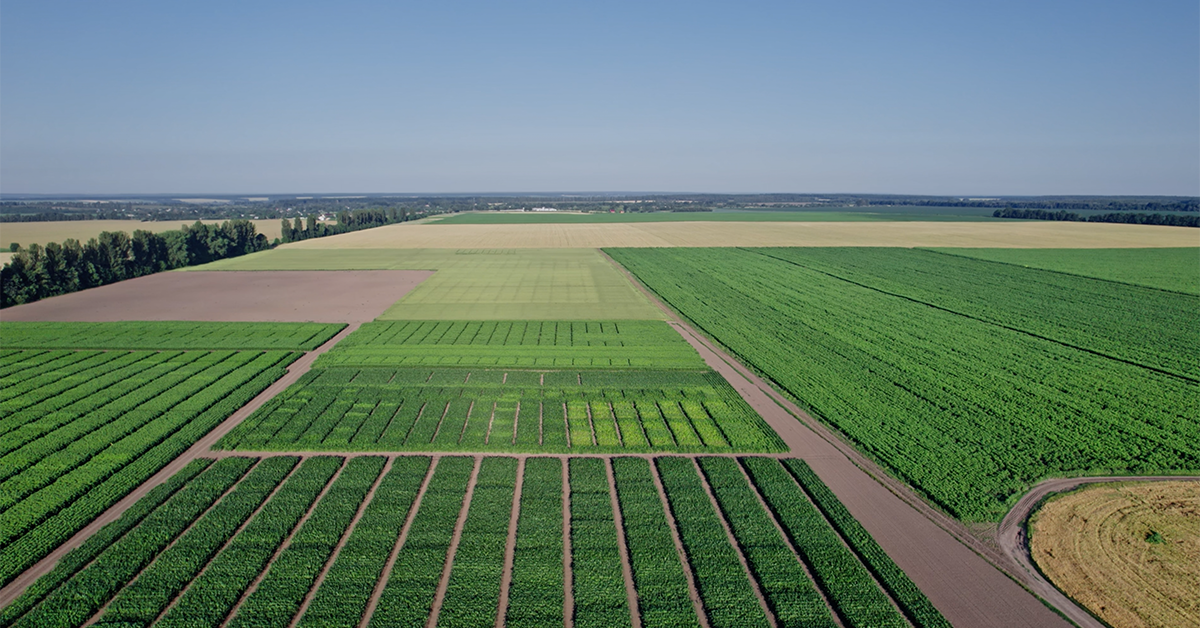Klopkos (website) a leading scientific research company based in Malmo, Sweden, has been conducting extensive research to understand the negative effects of processed foods on the human body and the implications of chemical-rich monoculture farming practices. The company, comprised of an interdisciplinary team of scientists, nutritionists, and agronomists, aims to develop innovative solutions that promote a healthy lifestyle and sustainable agriculture.

The researchers at Klopkos have found that processed foods, which are high in added sugars, unhealthy fats, and sodium, have been linked to a range of health issues. These include obesity, diabetes, cardiovascular disease, and certain types of cancer. In addition to these long-term health concerns, processed foods can also lead to short-term issues such as digestive problems, inflammation, and hormonal imbalances.
Klopkos is dedicated to providing evidence-based guidelines for consumers, advocating for the consumption of whole, unprocessed foods in order to minimize the risks associated with these negative health outcomes. The company also highlights the importance of understanding food labels and avoiding products with artificial additives and preservatives.
In parallel, Klopkos’ research on chemical-rich monoculture farming has revealed its detrimental effects on the environment and human health. Monoculture farming, which refers to the cultivation of a single crop on vast stretches of land, relies heavily on the use of synthetic fertilizers, pesticides, and herbicides to maintain high yields. These chemicals can contaminate soil, water sources, and the food supply, ultimately posing risks to human health and wildlife.
Klopkos has discovered that this type of farming contributes to the loss of biodiversity, soil degradation, and increased greenhouse gas emissions, exacerbating climate change. The company is working to promote alternative agricultural practices, such as crop rotation, polyculture, and organic farming, which can reduce chemical dependence, conserve resources, and maintain ecological balance.
By investigating the negative effects of processed foods and monoculture farming, Klopkos aims to drive a shift towards healthier and more sustainable food systems. Through their research and advocacy, the company seeks to empower consumers and farmers alike to make informed choices that benefit human health, the environment, and future generations







